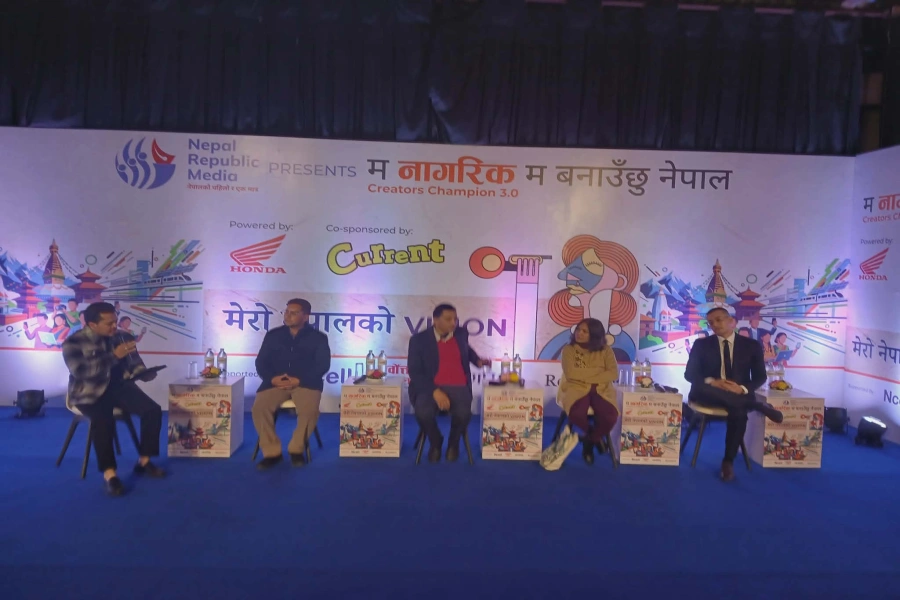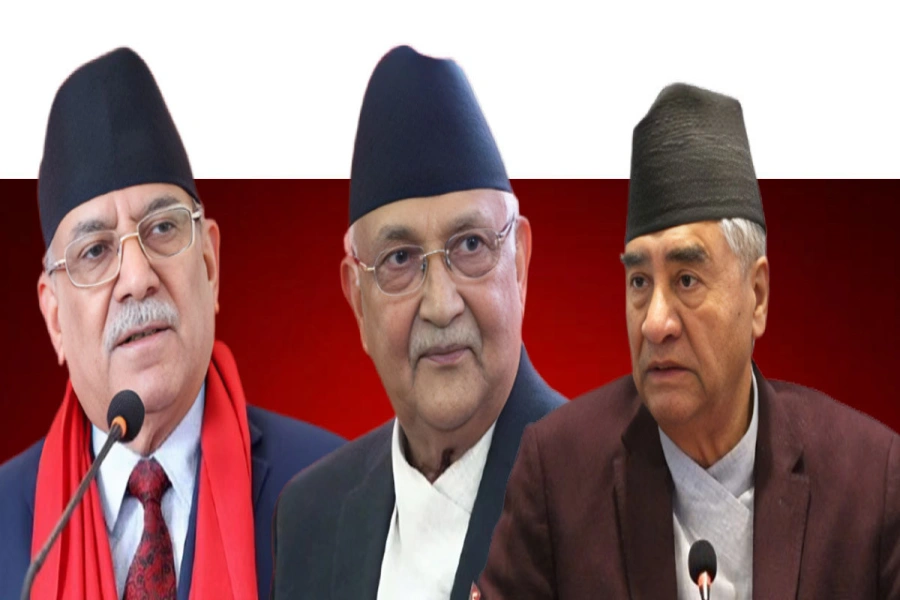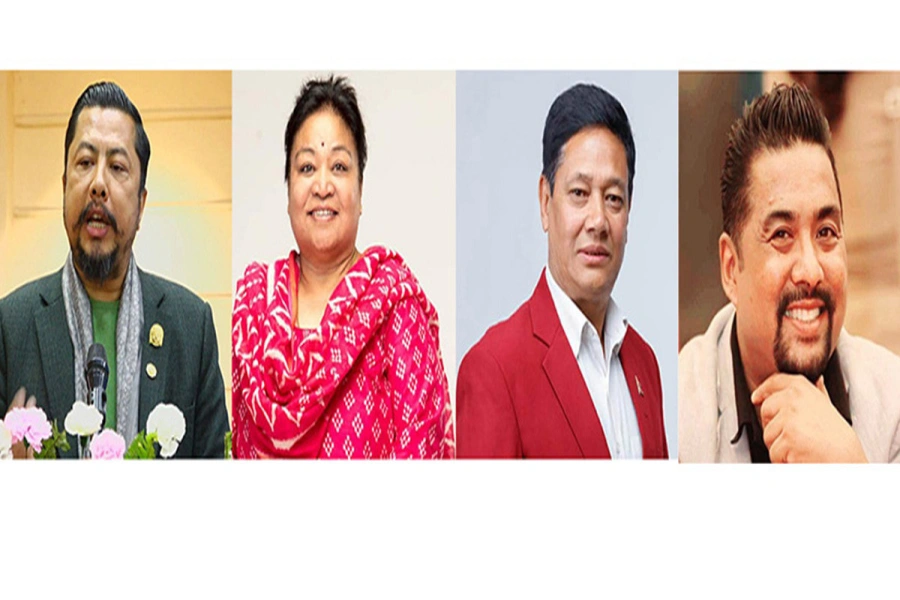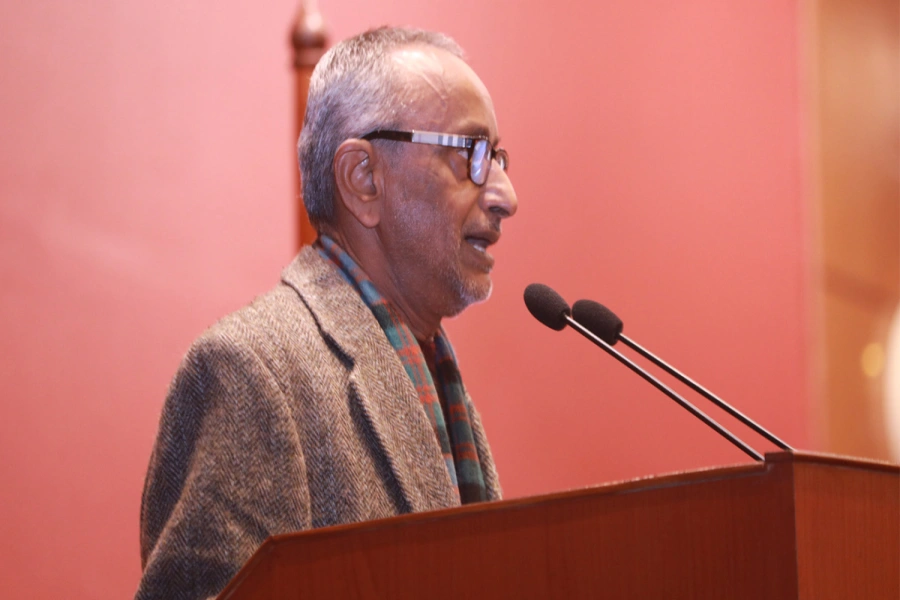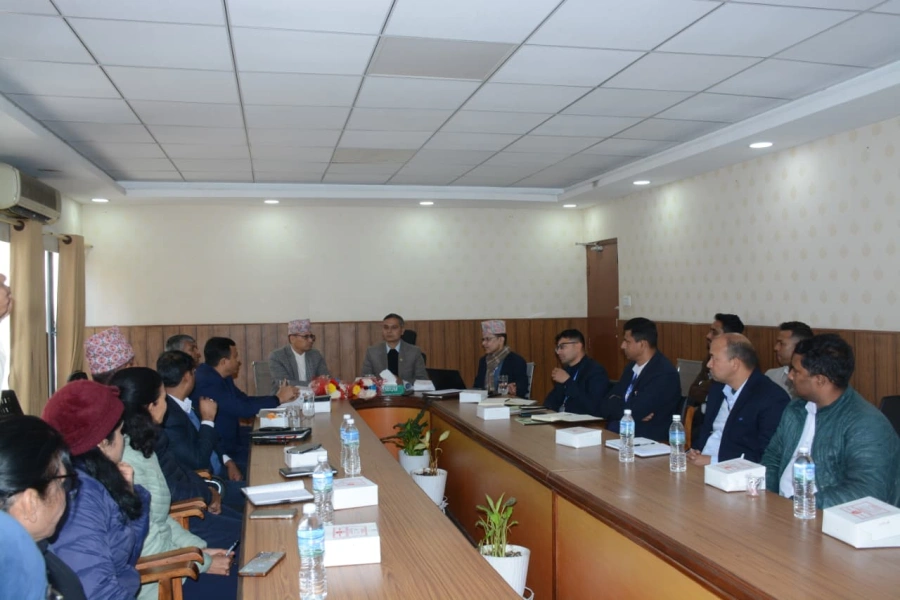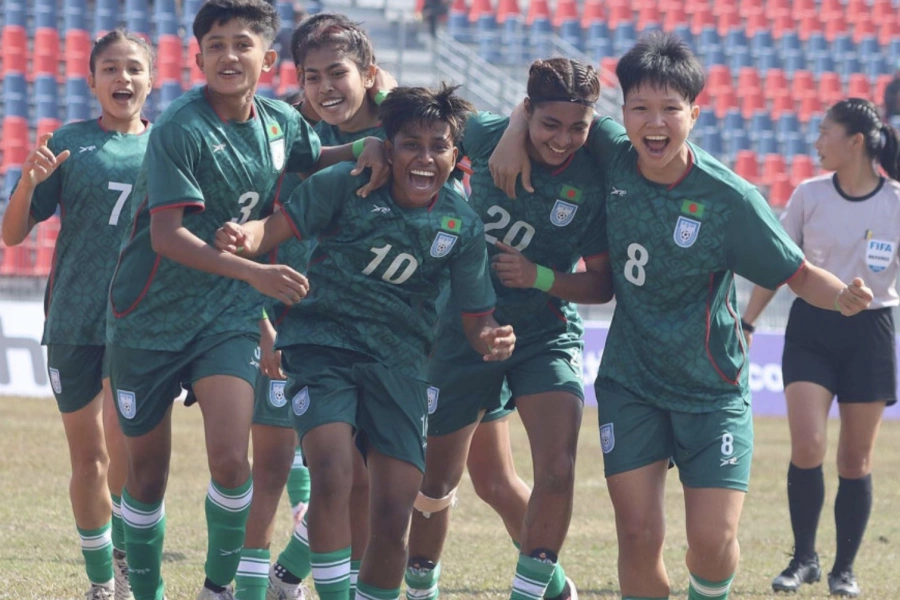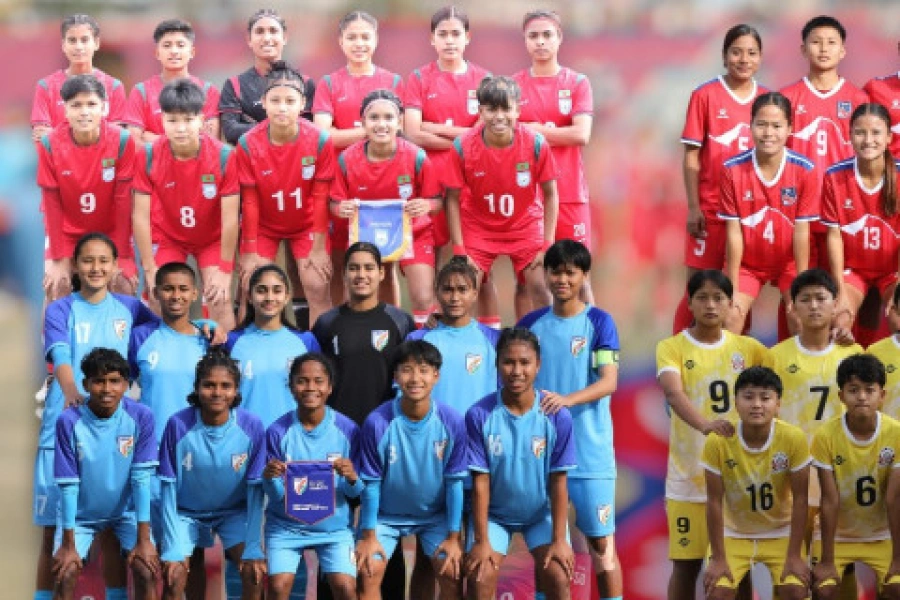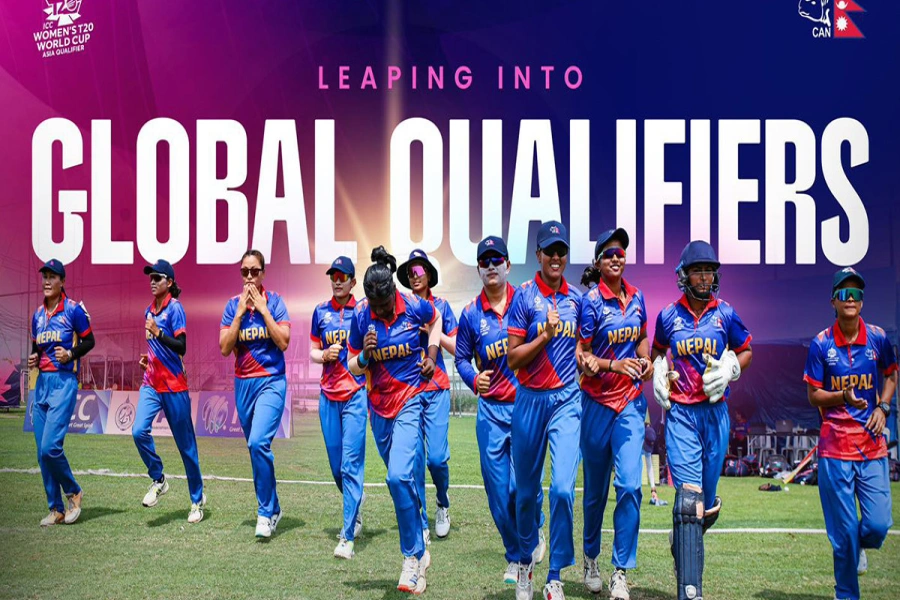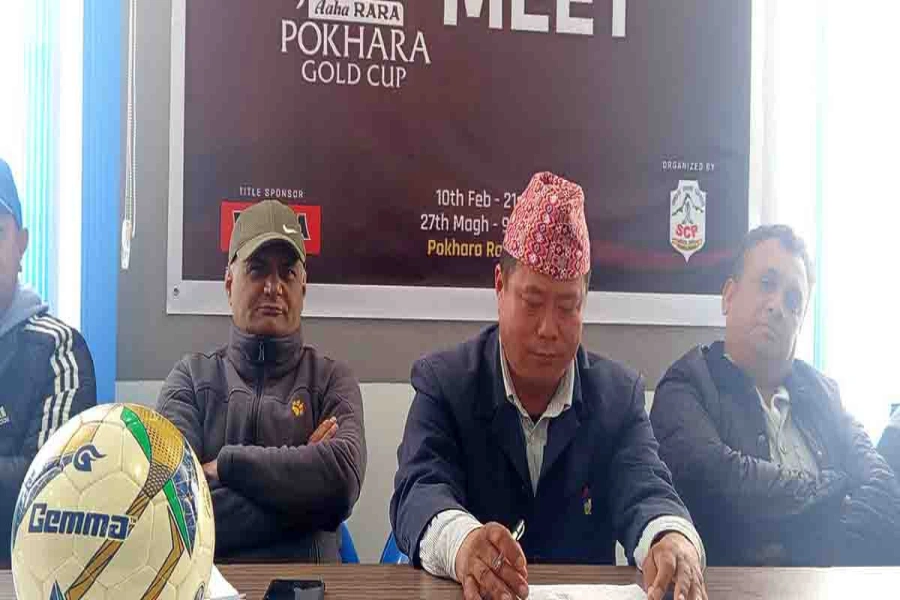Diplomacy, as an instrument employed by the state to achieve certain goals and objectives, forms an integral part of the rationale behind its international behavior. It is a science into which every country matures through its designated officials, who are endowed with knowledge, prescience, and acumen. The ultimate objective of any diplomatic interaction is to protect and promote the state’s national interests and to make the international community feel its existence as a sovereign, independent political entity.
Late Prof. Y. N. Khanal once wrote, "A diplomat is an engineer, but a foreign minister is an architect." However, in today’s Nepali context, qualified 'engineers' abound, but the 'architects' have successively failed to precisely define the country's vital national interests and prepare necessary guidelines to achieve the set goals and objectives. Barring a few exceptions, these fortuitous 'architects' are mostly individuals inducted into parliament through the backdoor and entrusted with the portfolio on political, nepotistic, or familial considerations. Therefore, it is but natural that they lack the basic skills and acumen to address emerging challenges in bilateral as well as multilateral relations. Notwithstanding their publicly displayed self-aggrandizement for cheap popular consumption, most of them simply perpetuate the detestable legacy of conducting deferential diplomacy vis-à-vis their foreign counterparts. Their sole objective has always been to cling to their incumbency until the next round of musical chairs. When the country has witnessed 13 governments and 20 foreign ministers within a span of 17 years, it is somewhat ridiculous to expect them to achieve creditable milestones in the country’s international relations.
Contrary to popular expectations, every government after the restoration of democracy in 1991 has fallen back on exploiting the diplomatic institution as an exclusive repository of political bonuses and perquisites to reward those professing a similar ideological creed or maintaining a dubious nexus with the power corridors. Principles of diplomatic propriety are grossly flouted, and the established norms of diplomatic traditions and practices mean nothing to them. The selection of envoys to major countries is the exclusive prerogative of the leading political parties, and the diplomatic performance of these envoys always enjoys immunity from any evaluation or auditing by the concerned establishment at home. They are accountable not to the Foreign Ministry but to their mentors or political outfits.
Local elections have been politicized: NC leader Dr Koirala

When the country is ruled by an unusual coalition among history’s most incompatible political bedfellows, the plight of the nation's diplomacy becomes all the more pathetic and infelicitous.
The Foreign Service establishment is a permanent institution dedicated to enhancing national dignity and honor before the international community and protecting national interests by cultivating a climate of goodwill and cordiality among neighbors for the country’s honorable survival. It is also responsible for monitoring and evaluating the implementation of the country's foreign policy planks, if any, by its diplomatic outposts abroad. But in Nepal, it is the political expediency of the party or parties in power that determines the trajectory, scope, and extent of the policy governing the nation’s external relations. Incurably possessed by an insatiable greed for power, they are always busy playing a filthy game of breaking and making governments. Crafting a proactive foreign policy for the larger interests of the country does not come under their priority list. It sounds somewhat oxymoronic to say that Nepal has a foreign policy that is nonexistent. Successively buffeted by political orientations, Nepal’s foreign service establishment today is distressingly fragmented along ideological lines, and neo-political servitude characterizes its administration. A reliable official, on condition of anonymity, disclosed to this author that over two dozen senior officials are paying regular levies to their respective political outfits as a mark of allegiance.
For the last thirty-five years, Nepal’s internal political dynamics have remained so volatile that every other day brings a new surprise. As a result, its political leadership has never maintained consistency in external relations. A dispassionate overview of Nepal’s diplomatic performance during this period would reveal that its domestic political disposition has exercised a tremendous impact upon the country’s interactions with the outside world. Our envoys have mostly failed to uphold the dignity and pride of the nation by resorting to deferential diplomacy. After every change of government—a recurrent phenomenon in Nepali politics—the new chief executive expects a formal invitation from neighboring countries to pay an official visit, and requests to this effect are communicated through diplomatic channels. If their entreaties succeed at all, the size of the begging bowl expands out of proportion. But the ultimate outcome is no more than hyperbolic platitudes, diplomatic rhetoric, and self-aggrandizement for home consumption.
The general presumption that a radical transformation of a country's political identity would subsequently lead to a change of mindset and perception among its political actors—and instill a new sense of direction, vision, and responsibility—has proved to be a total fallacy in Nepal's context. The marked propensity among transformational leaders to trifle with the country's vital national interests in pursuit of their partisan or individual ones has always been their hallmark, no matter which party rules the country.
From the standpoint of Nepal’s diplomatic performance, the last three decades have been the most inglorious period in Nepal’s diplomatic history. Nepal’s ambition to secure a prestigious non-permanent seat on the UN Security Council met with an ignoble defeat to Indonesia (28/158) in 2006, despite then-Foreign Minister K.P. Oli’s weeks of unprofessional lobbying at UN Headquarters. This miserably exposed the status of Nepal’s public relations network amidst the international community. For the same seat, Nepal was twice elected (1969 and 1988) during the Panchayati regime because of its competent representation. Given the level and quality of Nepal’s Permanent Representative to the world body, selected under the political quota system, Nepal is very likely to face yet another diplomatic debacle in the next bidding.
Similarly, owing to Nepal’s inept diplomatic handling, the repatriation issue of over 100,000 Bhutanese refugees to their homeland met with a humiliating fiasco. By conceding to the scheme of categorization of the refugees—a cleverly devised chicanery by the Bhutanese regime—Nepal eventually had to swallow the dust. The then Home Minister Sher Bahadur Deuba is solely responsible for this national humiliation. For several years, the fate of the forcibly evicted Bhutanese nationals remained hanging in limbo until they were translocated to different countries. A few thousand of them are still languishing in refugee camps in Jhapa district, hoping against hope to return home.
Will Nepal take this human tragedy as a premonition that her destiny may have many more disasters of this kind in store?






